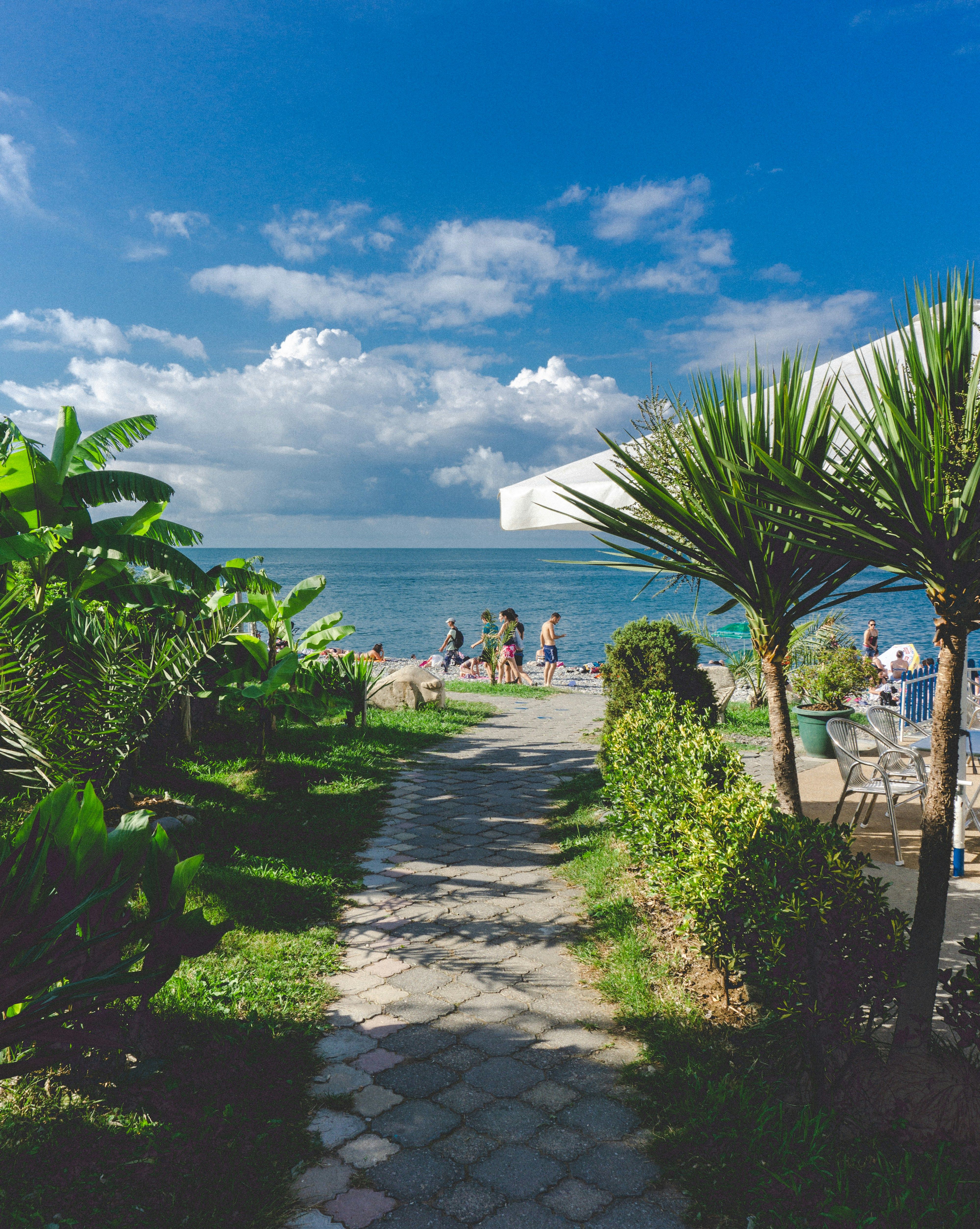International Travel Restrictions Spark Debate: Maldives' Decision to Deny Entry to Israelis Draws Global Attention
Maldives Imposes Israeli Passport Ban, Stirring Global Debate
In an unexpected turn, the Maldives has officially prohibited Israeli passport holders from entering the country, placing the tropical nation at the heart of a burgeoning international discussion about the ongoing Gaza conflict.
President Mohamed Muizzu's administration confirmed this decision, which they framed as an expression of solidarity with the Palestinian cause. However, the implications of this move reverberate deeply into the Maldives' economic lifeline—tourism.
Known for its pristine lagoons and luxury resorts, the Maldives is now making headlines not for its idyllic scenery, but for its foreign policy decisions.
A Shift from Paradise to Political Platform
For years, the Maldives has maintained a largely neutral stance towards global conflict zones, serving as an attractive getaway for visitors from all corners of the globe. Yet, this ban represents a turning point, as the country leverages its tourist appeal as a tool for political expression.
Fathimath Saeeda, a political analyst based in Malé, opines, "This isn't merely about passports; it's about values. The government seeks to assert that even smaller nations can assume a prominent role on the global stage when they perceive injustice."
Tourism Industry Divided
The tourism industry is split on this matter. Israeli tourists comprise a relatively modest fraction of the Maldives' touristic demographic, but the ban raises concerns about the potential geopolitical complexities affecting tourist numbers in the future.
Ahmed Shifan, a resort manager in the North Malé Atoll, states, "Luxury resorts catering to an international clientele are keenly observing this development. We might see reactions from our European and American partners—some showing support, while others may not."
Government Officials Remain Firm
Despite apprehensions within the tourism sector, government officials remain resolute. "Tourism is crucial, but national values hold priority," one spokesperson told The Island Gazette, emphasizing that this decision is a moral alignment, not just a policy change.
Grassroots Support, Global Reaction
The ban has prompted a sense of pride among many Maldivians, who have long expressed support for the Palestinian people. Local NGOs are already planning fundraising initiatives and advocating for broader Muslim solidarity.
On the other hand, Israel's Foreign Ministry has urged its citizens to avoid traveling to the Maldives, recommending immediate departure for those currently in the country due to limited consular support.
The Maldives' decision could inspire other nations, particularly within the Global South, to reconsider how tourism and political values intersect.
For the time being, dual nationals with alternative passports may still enter the Maldives. However, the extent to which this policy will remain symbolic or spur wider boycotts remains to be seen.
In this era where silence is often seen as compliance, the Maldives appears to have found a voice, even in paradise.
Additional Reading
IRS Tax Extension 2025: What You Need to Know Before the April 15 DeadlineBank of America's $540M Bill: A Warning Shot on Retroactive Risk Compliance
Africa's general news outlets are closely following the Maldives' move, as the islands' decision to ban Israeli passport holders has sparked a global debate.
The implications of this ban extend beyond politics, as travelers from various lifestyle backgrounds may be affected by this decision.
Given the Maldives' reliance on logistics and ports for tourism, this policy may affect import and export activities as well.
Some port operators in Africa, with ties to the Maldives, might be impacted by potential changes in travel patterns due to this political stance.
In the midst of this unfolding situation, both African and Maldivian policymakers may find it useful to engage in dialogue to understand the broader implications of this ban on bilateral relations.








